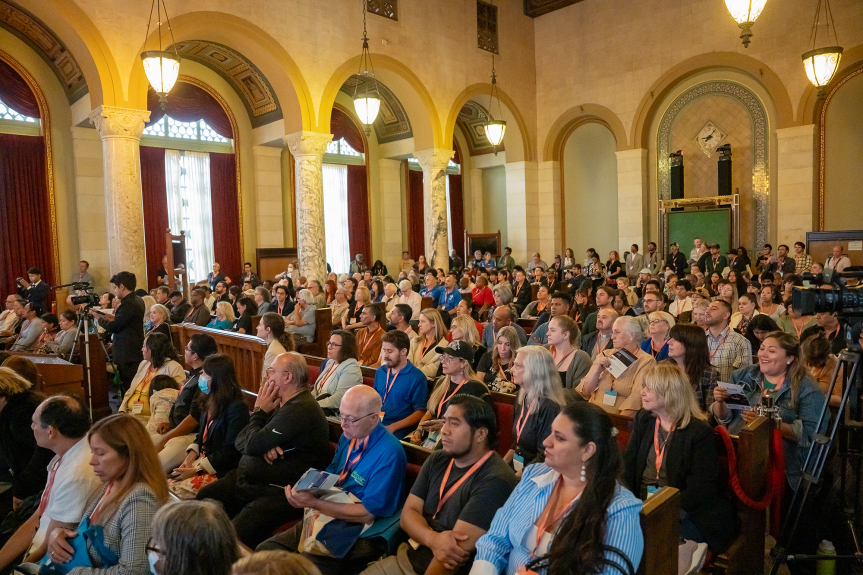

Three months into the 2025–26 fiscal year, the Los Angeles City Council has approved a plan to manage a projected $263 million budget gap. This shortfall is linked to unexpected spending across several departments.
In a unanimous vote, the council authorized $14.19 million to cover urgent expenses. This includes $1.36 million for outside legal counsel through December and nearly $6 million for fire debris cleanup and stormwater infrastructure repairs. Officials also outlined $169.41 million in potential budget actions to help bring the overspending down to $80 million by year’s end.
While expenditures have surged, city revenue is tracking $80 million ahead of forecasts. Taxes on sales, properties, businesses, utilities, and real estate are higher than expected. However, hotel tax revenue lags behind by $3.3 million due to reduced tourism from countries like China and Canada. Officials cautioned that property tax collections could still fluctuate due to the Palisades Fire.
The city plans to transfer $10 million to its reserve fund, which began the year at $401.9 million. That reserve currently stands at 4.91% of the general fund, slightly below the 5% target.
According to City Administrative Officer Matt Szabo, the city’s position is better than last year at this time, but challenges remain. He urged departments not to request interim budget increases or loans. His office has already received 29 pending requests totaling $130.4 million.
The biggest spending increases have come from:
Los Angeles Fire Department: $87.6 million
City Attorney’s Office: $34.2 million
Los Angeles Police Department (LAPD): $27.7 million
An additional $30.09 million is needed for trash collection services due to delays in rate changes.
LAPD’s hiring plans are a key contributor to the overspending. The department expects to onboard 410 new recruits by summer 2026, which is 170 more than the 240 officers approved in this year’s budget. About $3.56 million of the LAPD’s overspending is directly tied to those hiring efforts.
Councilmembers voiced concern that, despite the need for more officers, hiring beyond the approved number would require cutting services or staff elsewhere. They emphasized that without new funding, hiring must stop once the 240-officer threshold is reached.
“We have to be grown up here. Every dollar only has 100 pennies, and the budget has to mean something,” said Councilman Tim McOsker.
Mayor Karen Bass has prioritized growing LAPD’s ranks as Los Angeles prepares for major global events like the World Cup, the Super Bowl, and the 2028 Olympics. The Police Protective League has expressed support for the mayor’s hiring push and said it trusts city leaders to find the funds needed.
Still, Councilwoman Eunisses Hernandez suggested LAPD explore whether it could fund the hiring from within its own budget. Other councilmembers agreed that managing current spending is essential to avoid deeper cuts in the future.